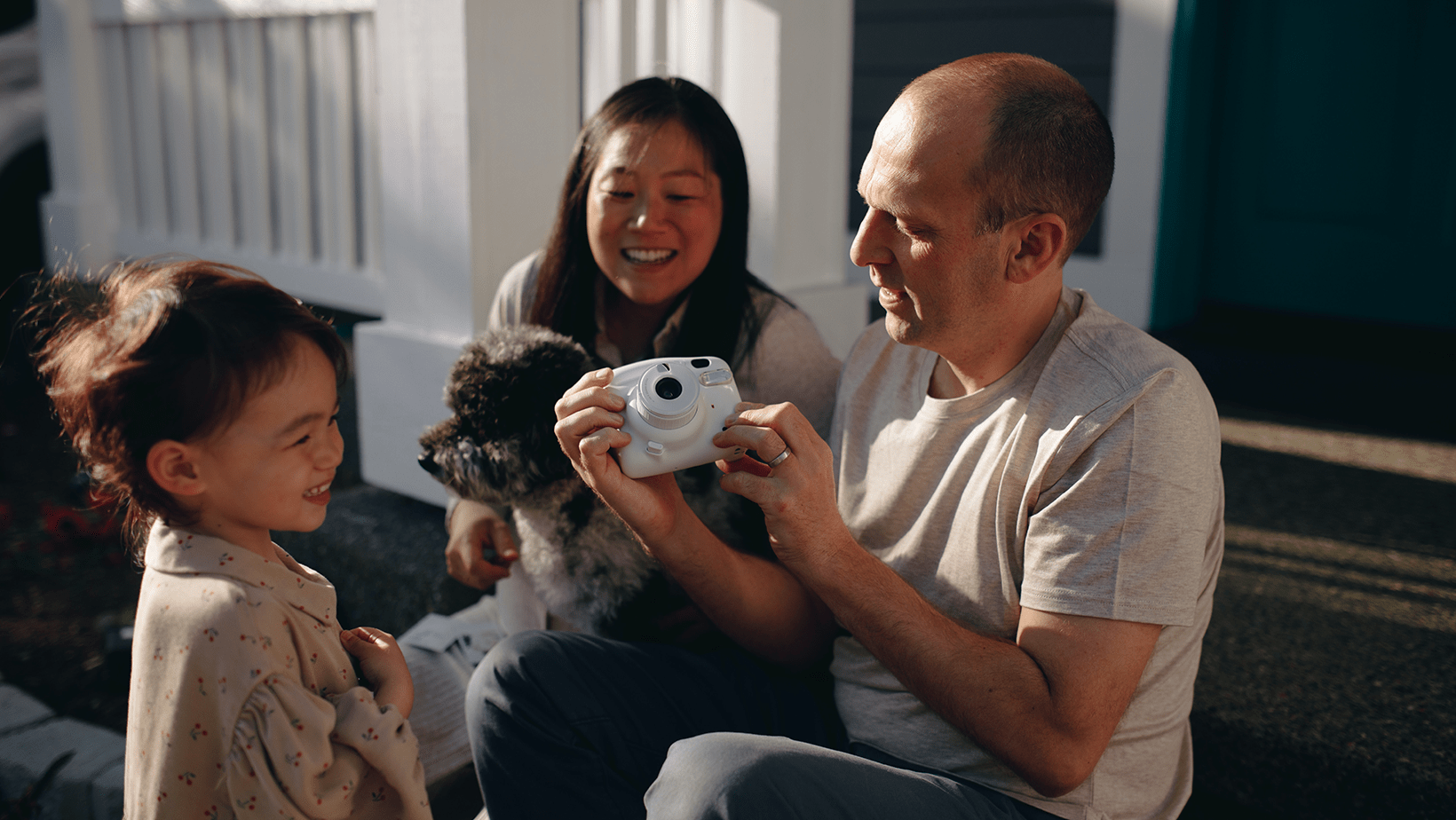Hormonal changes that define the transition from perimenopause to menopause can cause minor or temporary issues, but also significant and longer-lasting ones that can affect all aspects of life. Women face a lot of discomfort when their hormones are unbalanced. Menopause is never ending and lasts for the rest of your life, and with this come changes that are definitely unpleasant. Society has typically ignored the fact that women go through menopause…Thinking that menopause and aging are unwelcome is a psychological trap. Women may not be prepared for the fluctuating hormones, or the impacts on our libido, mood, or sleep, but that’s only because they were never shown how to handle these changes. With more clarity, decisiveness, and the right tools, menopause can now be approached in a positive way.
It’s time to embrace and acknowledge menopause
Oftentimes one important phase of life is giving way to another. A woman usually feels like her self-identity and sense of femininity have been based on factors such as her physicality or the ability to have a monthly cycle and bear children – and this is changing in perimenopause until it is completely gone in menopause. She might feel grief or regret as she goes through this transition. Her social role may be changing with the end of her fertile years, which can be stressful as well, even if it is welcomed.
Feeling vulnerable because of your changing body is nothing to be ashamed of. Going with the flow, by accepting and acknowledging what is happening, instead of fighting against menopause, is one helpful way to get through this time.
Educate your loved ones
Menopause can be a difficult time for family, loved ones, and friends. Women’s lives are complex, and that increases particularly at midlife. As well as balancing a work life with domestic responsibilities, women may be caring for young children, teenagers, grandchildren, ageing parents, and in some cases their partner. As a woman’s hormones production declines, so does her ability to nurture those relationships like she once did. The caregiver that she once was goes out the window, and a woman develops new behaviours that have her focusing more on herself and what is happening to her body.
As if that was not enough, family and friends may not always always understand what a woman is going through or give the support needed. That is why it is important to educate your loved ones about the transition you are going through, set up new boundaries, and take the time needed for herself whenever she can.
Replace the bad with the good
Menopause is the time to begin or reinforce healthy changes in your life. With the onset of new bodily changes and symptoms in perimenopause, think of menopause as a new time for new health opportunities.You may find that during menopause your old lifestyle doesn’t work anymore.
Menopause impacts the entire body, and lifestyle choices that once seemed inconsequential may now cause issues. Focusing on healthy eating long before menopause symptoms start, and during the hormonal shift, can reduce and potentially even eliminate common symptoms like hot flashes, night sweats, and weight gain. However, drinking excessive alcohol, smoking, not exercising, and an unhealthy diet could contribute to a worsening of your symptoms or increased health risks. Many women find that lifestyle and behaviour changes help with menopausal symptoms. Putting a healthy diet, exercise habits, and relaxation techniques in place will help with your overall well being during this time, and experience less of the hot flashes, mood swings and any other symptoms.
It’s never too late to make changes toward a more healthy lifestyle, and you don’t have to do it alone. Menopause care means taking care of your mind, body, and spirit throughout the transition time. Adopting a healthier diet and lifestyle can reduce symptoms and change your life for the better. Ultimately, positive change and acceptance lies within you and you only. Remember, part of this transition is understanding that this is a journey. No, your body isn’t going to act exactly as before, but you can definitely influence how you cope with these changes.
Related posts:
 How to Use Mae & Cleo During Perimenopause
How to Use Mae & Cleo During Perimenopause
 Will A Hysterectomy Help With Perimenopause?
Will A Hysterectomy Help With Perimenopause?
 How do I know if I have PCOS or Perimenopause?
How do I know if I have PCOS or Perimenopause?
 Perimenopause & Menopause Management
Perimenopause & Menopause Management
 Heart Palpitations In Perimenopause: What You Need To Know
Heart Palpitations In Perimenopause: What You Need To Know
 Advice?! How Do I Know I’m in Menopause or Perimenopause?
Advice?! How Do I Know I’m in Menopause or Perimenopause?
 Selfcare Habits for Perimenopause
Selfcare Habits for Perimenopause
 How do my Periods change in Perimenopause?
How do my Periods change in Perimenopause?
